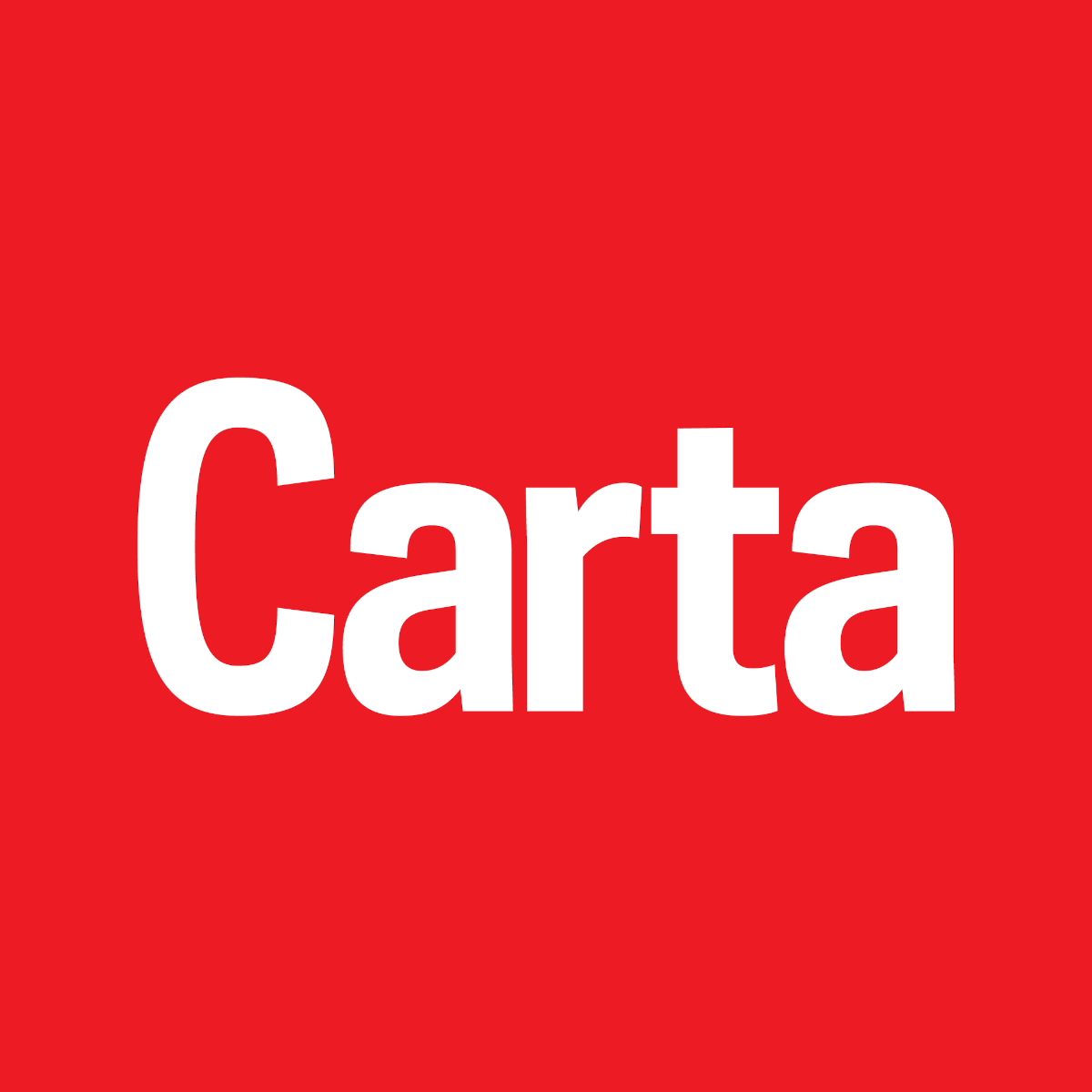Senate approves MP that extends exemption on electricity bills

The Senate approved on Wednesday, the 17th, a provisional measure that expands the Social Electricity Tax (SEL) to benefit approximately 4.5 million low-income families with completely free electricity bills. The provisional measure was confirmed by senators on the last day of the proposal's validity, just hours after its approval in the Chamber of Deputies.
As it was amended, it will be submitted for presidential sanction in the form of a conversion bill, which was approved with 49 votes in favor, 3 against and 3 abstentions.
The approved bill guarantees full exemption from electricity bills for low-income families registered in the Federal Government's Single Registry for Social Programs ( CadÚnico ), provided their monthly consumption is up to 80 kilowatt-hours (kWh). Currently, the social tariff grants partial discounts —between 10% and 65%—for monthly consumption of up to 220 kWh.
There are also criteria for special discounts and exemptions for beneficiaries of the Continuous Benefit Payment (BPC), rural, indigenous and quilombola communities.
The social tariff came into effect in early July, when the Provisional Measure was enacted by the federal government. According to the Executive Branch, the benefit grants 4.5 million families free electricity bills.
Understand how it worksAccording to the rules, consumers with three-phase installations and using up to 80 kWh per month are entitled to free electricity. However, costs not associated with the energy consumed, such as street lighting fees or the Tax on Circulation of Goods and Services (ICMS), may be charged on the bill, according to the specific legislation of the state or municipality where the family resides.
To be a beneficiary of the Social Electricity Tariff, you must meet one of the requirements below:
- family registered with CadÚnico , with a monthly per capita family income less than or equal to half the national minimum wage;
- elderly people aged 65 or over (or people with disabilities) who receive BPC and are registered with CadÚnico ;
- family registered with CadÚnico with a monthly income of up to three minimum wages, which has a person with an illness or disability (physical, motor, auditory, visual, intellectual and multiple) whose treatment, medical or therapeutic procedure requires the continued use of devices, equipment or instruments that consume electrical energy;
- indigenous and quilombola families registered with CadÚnico , whose monthly consumption is up to 80 kWh/month;
- families served in isolated systems in the North region.
The exemptions continue to be funded by the Energy Development Account (CDE), which receives various payments for sectoral charges, partially passed on to electricity bills. As the full exemption now benefits more people, the difference will be covered by all other consumers whose CDE charges are included in their energy bills.
Starting January 1, 2026, families with a monthly income per capita of half to one minimum wage and registered with CadÚnico will be exempt from paying annual CDE installments on bills with monthly consumption of up to 120 kWh. The CDE exemption will apply to a single consumer unit. In total, according to the Ministry of Mines and Energy, 115 million consumers will benefit from free or reduced electricity bills.
(With information from the Senate Agency).

CartaCapital For 31 years, the greatest progressive reference in journalism in Brazil.
Subscribe to our newsletter and receive an exclusive morning bulletin
Many people have forgotten what they wrote, said, or defended. Not us. CartaCapital 's commitment to the principles of good journalism remains unchanged.
Combating inequality is important to us. Denouncing injustice is important. A democracy worthy of the name is important. Adherence to factual truth and honesty is important.
We've been here for 30 years because we care. Like our loyal readers, CartaCapital remains vigilant.
If good journalism matters to you, help us keep fighting. Subscribe to the weekly edition of CartaCapital or contribute whatever you can.
Subscribe to our newsletter and receive an exclusive morning bulletin
CartaCapital



